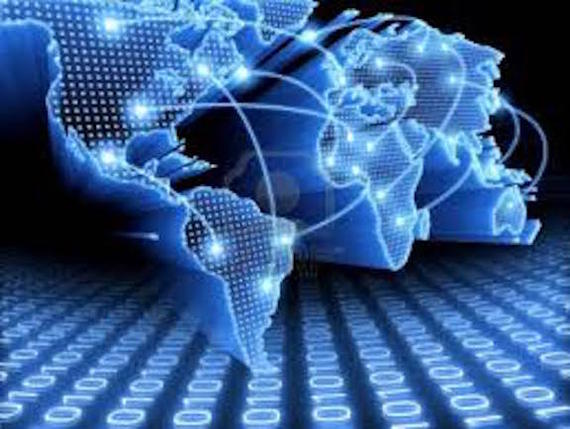Brexit. It's more than England leaving the EU we hear. Among other untoward things it's the end of Globalization.
"Globalization" has been around for over 50,000 years according to Nayan Chandra, author of Bound Together, but it has only been in the last ten years that the term has penetrated public consciousness and, according to The Economist magazine, was the most over- used word in the last decade.
Critics of capitalism seem happy that globalization may be ending; and de-globalization, a sort of diminishing inter-dependence among different nations has arrived.
We have heard talk of the end of globalization before. More recently it was the financial crisis of 2008. Depending on what or whom you believe, it was started here in the U.S. because of sky-high home prices-and of course something called "derivatives" caused a near depression; first to the demise of the entire U.S. financial sector and then to financial markets overseas.
Clearly, many countries not unlike Britain are worried. Not only about immigration, which really raises another problem, but financial malaise and inequity. Even Chandra admits "Humanity is anxious about globalization and increased trade, immigration, perceived threat of job losses and slight erosion of sovereignty when nations sign treaties or join economic blocs."
But the world has already changed and the egg can't be unscrambled. Because of the pervasive spread of the Internet and the worldwide web every nation, every community, every individual is tied together and our interdependence is unalterable. Many citizens hold more than one passport, nations and corporations have made borderless arrangements to do the worlds' business. No nation can be an island to itself any longer.
Yet, globalization is much more than simply the integration of different economic systems. It is, rather, the merging of social and political value systems, as well as economies, although admittedly, proponents of globalization have tended to focus on the economic aspects alone. One must agree world trade and world traders and of course, nations who benefit most from such trade must find ways to alleviate some of the negative impacts.
Joseph Stiglitz, Nobel laureate economist and Chairman of the Council of Economic Advisors under former President Clinton, went so far as to author a book entitled Globalization and its Discontents to express his concern that globalization has had devastating effects on developing countries and especially the poor.
While Stiglitz agrees that the removal of barriers to free trade and the integration of national economies can be a force for good and the potential to enrich everyone in the world, "the way globalization has been managed including international trade agreements that have played such a large role in removing those barriers, and policies that have been imposed on developing countries " need to be re-thought.
Isn't it time for us to consider the management as Sitglist suggests (perhaps more transparency)? Can we up the effort to provide retraining, adult education and perhaps a national "safety net" for employees stranded by the changes in the global economy? Maybe nation states can find ways to soften the dislocations themselves.
Whatever the solution it's time to talk. Such agreements could be the starting point for meaningful change. Globalization is inevitable and the benefits too great.

